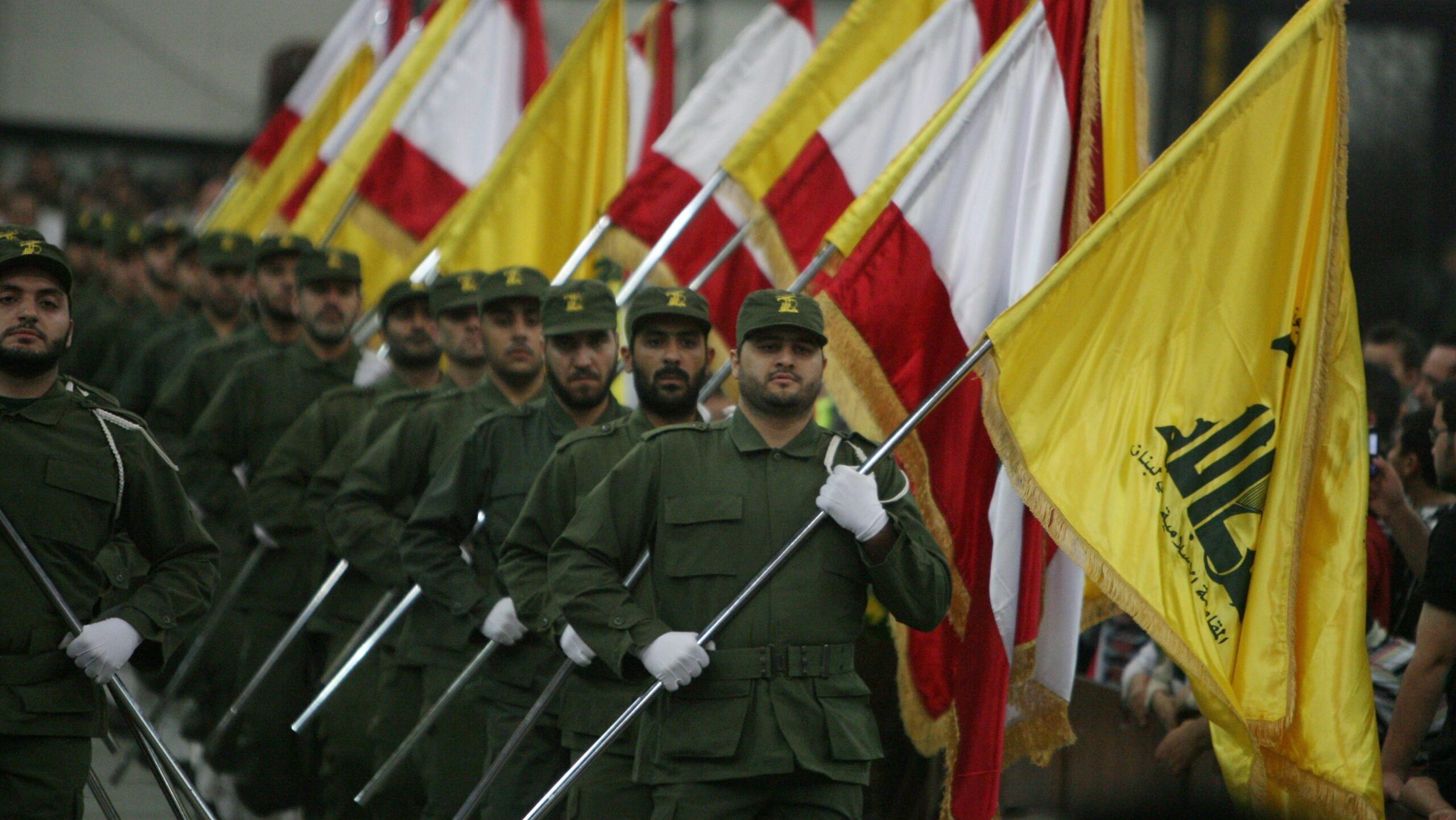The Limits of Iran’s Regional Proxies
An-Nahar, Lebanon, January 26
An-Nahar, Lebanon, January 26
In recent months, attention has shifted from Israel’s conflict in Gaza to the aggressive actions of the Houthi militias, in Yemen, and Hizbullah, in Lebanon. These groups have targeted not only Israeli sites, but also international shipping and American and British naval vessels. These attacks have disrupted global supply chains and threatened international maritime navigation. Fortunately, the Western coalition, led by the United States, has responded strongly to these attacks. They have begun systematically destroying missile launchers, weapon infrastructure, and explosive materials. This response is crucial to safeguarding global security and ensuring the freedom of international trade. Meanwhile, Hizbullah’s attacks on Israeli forces have remained relatively small-scale skirmishes. However, Israel has treated them as a serious threat and has launched counterattacks. It is clear that these actions by the Houthi group and Hizbullah are coordinated and carried out under the direction of Iran. Iran is well aware of the limitations of its proxies’ capabilities compared to the Western coalition. It is important to note that the strength of the Houthis, Hizbullah, and other factions in the region pales in comparison to the resources and capabilities of the international coalition. Iran is merely a dwarf in the face of this alliance. Western strikes against the Houthi group will continue until the security of international sea lanes is ensured. The slogans and rhetoric from Tehran and Sanaa will not deter these efforts. Similarly, Israel will continue its escalation against Hizbullah because it seeks to provoke war. The reality on the ground is far different from what the resistance axis claims. Iran understands the limits within which it operates its armed groups in Iraq, Yemen, Syria, and Lebanon. Any violations of these boundaries will be met with swift and decisive action. In Lebanon, we can expect to continue seeing Israeli airstrikes and assassinations in response to Hizbullah provocations. In Syria, the regime’s lack of involvement in what’s happening in Palestine, Lebanon, and the region speaks volumes. It is clear that the central regime in Syria does not prioritize these causes, and this should be taken into account. In conclusion, the actions of the Houthi group and Hizbullah are not representative of an unbeatable resistance axis, led by Iran. The Western coalition, backed by formidable military capabilities, will continue to defend international security and ensure the stability of global trade. —Ali Hamada (translated by Asaf Zilberfarb)

